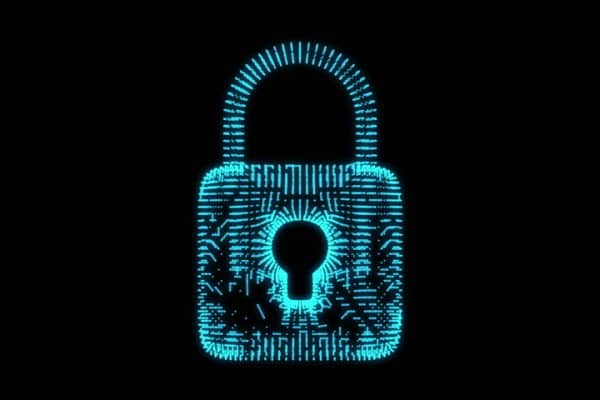
Is Your Internet Service Provider Protecting You Online?
25th August 2020
Security is more critical today than it has ever been. We are constantly bombarded with buzzwords and acronyms. You hear cyber this and that, malware, SIG, DDOS, MFA, the list goes on. They are all very important, but we rarely hear the words “service provider security infrastructure.”
It’s fair to say the world has come a long way since the early ‘90s, and with that, so have the cyber threats which have evolved significantly, becoming more and more sophisticated. It’s no longer about kids in their bedrooms trying to make a name for themselves by changing a website or sending a virus into a company for fun but instead serious security threats from cyber criminals, which cost victims billions of dollars each year.
Therefore, security is front and centre of the agenda these days, as businesses and individuals become even more reliant on the internet to connect and access applications critical to just about every aspects of our lives.
In this blog let’s think about the bit we as consumers and businesses take for granted: the infrastructure. The infrastructure is in essence the plumbing that connects us all to the applications and experiences that we all value so highly.
Asking the hard questions
Connectivity to the applications and experiences we rely on crosses multiple networks. It crosses borders and in the process is analysed and processed by countless pieces of equipment. Have you ever thought of asking your Service Provider about this?
- How do they ensure that your connectivity is safe at every point of its journey around cyberspace?
- Where does their equipment come from?
- How do they ensure that their suppliers have the right level of efficacy in the design and development of equipment?
When you buy a new home, you often get a guarantee or at least a survey to ensure that the property is safe, secure and won’t crumble into pieces once you’ve moved in.
A new car is given an “NCAP” rating, ensuring you know how safe it is and how various elements of the design measure up to the market.
But why don’t we think of connectivity like that? With something so important on which carries so much personal information and rely on every day, shouldn’t we care?
So maybe we should all think a little more about who is handling our connectivity in the same way we care about other key elements of our lives. We rely so much on the internet that if our connectivity is compromised it can have a fiscal and more wide-reaching impact.

